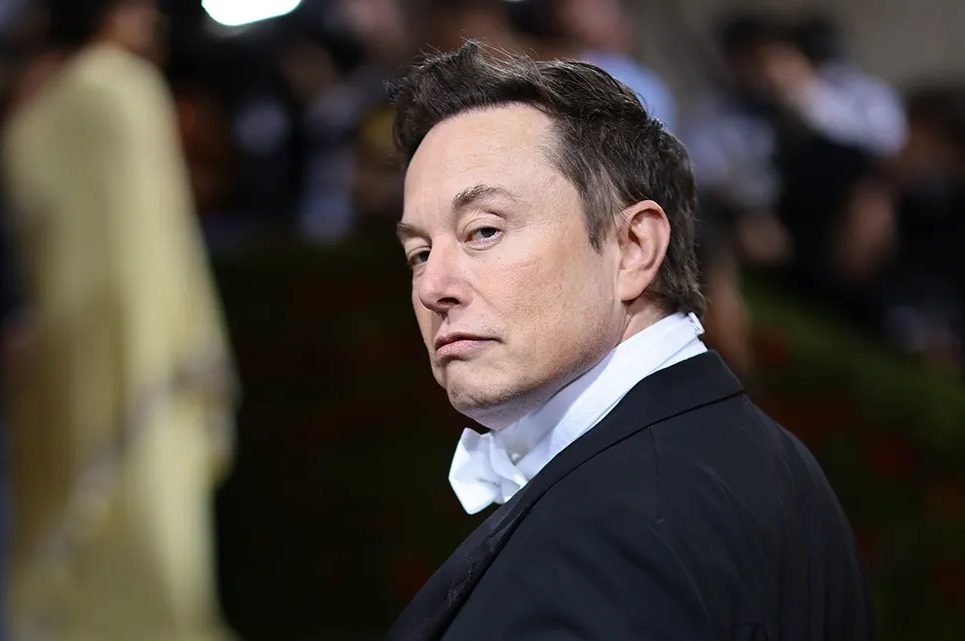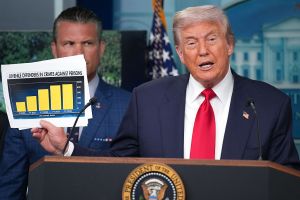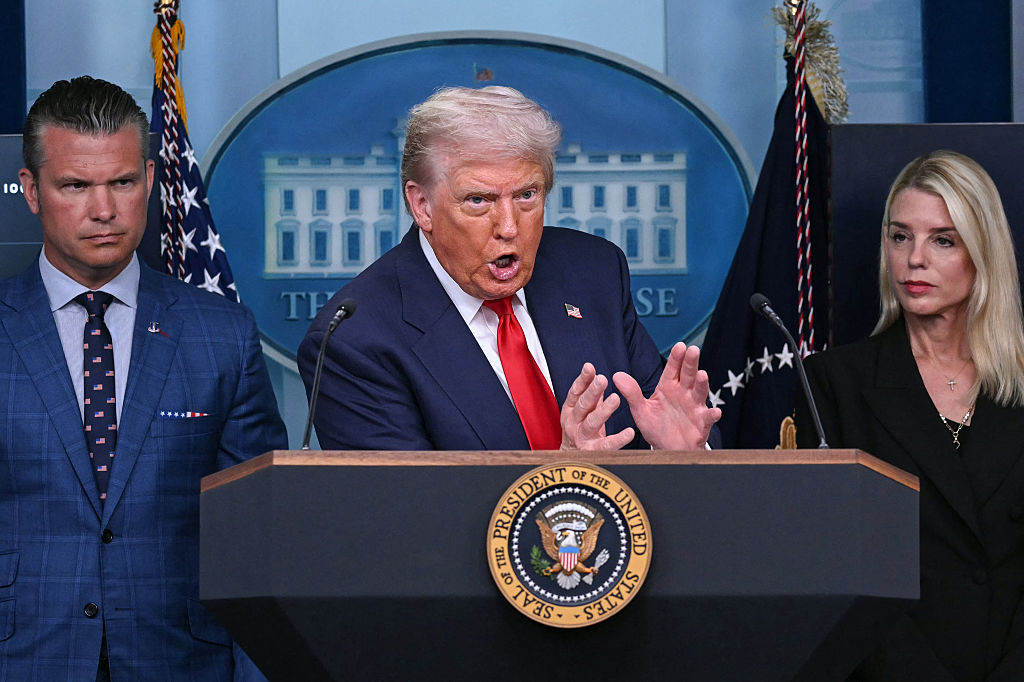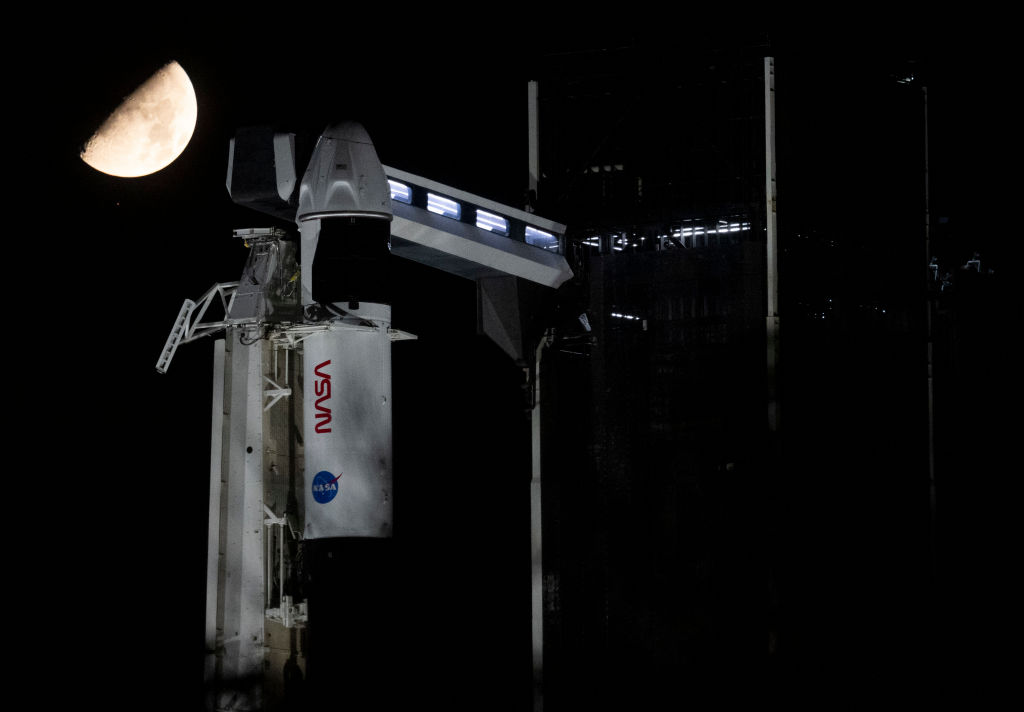People sometimes ask me why I don’t go into politics. Why on earth would I do that? No, if you want to exercise power and imagination, the only remaining role which appeals is to be some kind of Bond villain. To anyone familiar with modern bureaucracy, there’s something hugely attractive about an organization where the HR department is replaced by a pool full of sharks. I think this fantasy largely explains why electorates are now drawn to candidates who seem a tiny bit sinister or weird. “Who knows?” they think. “They might actually do something different.” Never mind Trump: my guess is that if Elon Musk were eligible to run for president, he’d get 60 percent of the vote.
All Elon needs to do is create a solar-charged Tesla motorhome with Starlink internet access
As he is an avowed Bond fan, and born in South Africa before TV broadcasting was allowed, when wealthy families projected their own feature films at home, I suspect the influence of Bond villains on the young Elon may explain more than just his love of rocketry. Let’s consider the film Goldfinger. From what I remember of the story, Auric Goldfinger, the villain, had a plan not to steal the gold from Fort Knox, but instead to explode a Chinese-supplied nuclear dirty bomb within the facility, thereby rendering the gold worthless, and hugely increasing the value of his own holdings.
I’m not entirely sure that Goldfinger’s plan would have been economically feasible, to be honest, and besides, anyone owning a Lockheed JetStar with Honor Blackman as his personal pilot would probably have given up on any further life-goals. Nevertheless, the plot might help us understand the overall grand strategy behind Musk’s business dealings through the lens of Bondology.
To date, Musk has created battery-powered vehicles, extensive charging networks, a vast network of satellites providing internet access to the surface of the planet, solar panels, batteries for electrical storage and a $50,000 tiny house which can be erected in about one hour. He also owns Twitter, which gives him huge marketing ppower.
You must be able to see a pattern emerging here. What if his dastardly plan is to tank the world’s housing markets, and with it the banking sector? After all, what he is doing is creating a combination of technologies that make it possible for people to live anywhere, not just “on the grid.”
Here’s the thing most people don’t know. Your house isn’t actually worth that much. What makes it expensive is the land on which it sits and the planning permission to build on it. Bricks are not scarce, land is not scarce — but buildable land is. Yet what people need is not an investment in land, it is a stable place to live. At present you are forced to buy the first to acquire the second. It’s as though you had to buy $5,000 of Samsung shares every time you bought a $1,000 television.
But what if you could separate home from land ownership? This is what a US trailer park does or a houseboat. Trailer homes aren’t cool, true. But you could easily make trailer homes as cool as they are affordable. Peckham wasn’t cool in 2005.
All Elon needs to do is create a solar-charged Tesla motorhome or trailer with a 200kWh battery, Starlink internet access and an incinerator toilet and this separation of house and land ownership becomes feasible. Woodlands, carparks, farms — all become potential residential land. You can deliver a home in a day, rather than months. You can manufacture them in the way we make cars, as Buckminster Fuller always intended. And you can move house without moving out of your house.
Not many people will do this — at first. But for enough people the appeal will be there. It’s potentially easy to build a million houses. What Elon might have created is a lot more places to put them.
This article was originally published in The Spectator’s UK magazine. Subscribe to the World edition here.


























Leave a Reply